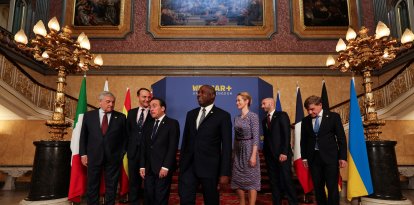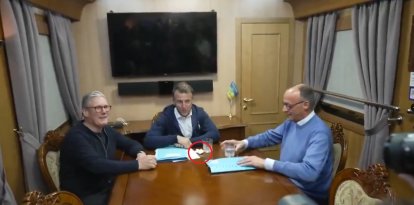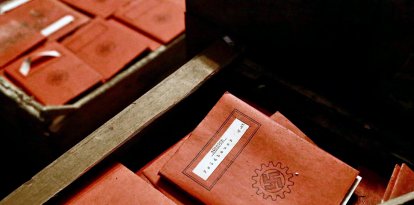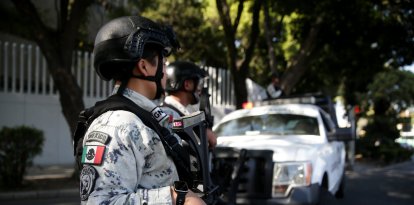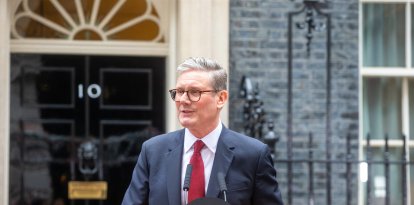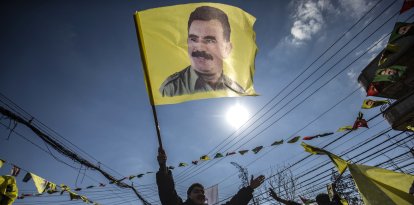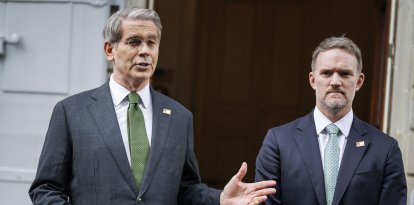Masud Pezeshkian wins Iranian election
Although the president plays a secondary role in the Iranian system, he could be key in deciding the successor to the highest authority, Supreme Leader Ali Khamenei.
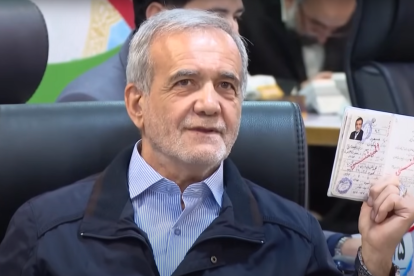
Masoud Pezeshkian
The Iranian Interior Ministry reported that Masoud Pezeshkian won Saturday's second round of Iran's presidential election against ultraconservative candidate Said Jalili.
Pezeshkian won, as AFP learned, more than 16 million of the roughly 30 million ballots counted, while his rival Jalili received just over 13 million votes. Voter turnout stood at 49.8%.
Dissidents, especially from the diaspora, had asked their compatriots not to participate in the elections called after the unexpected death of the then president Ebrahim Raisi, known as the "Butcher of Tehran." The hashtag #ElectionCircus spread this criticism on X.
Is there a chance for change?
The winner of the election is the candidate most distant from Khamenei and the rest of the Iranian regime's leadership. A heart surgeon and war veteran, Pezeshkian, 69, is not a novice politician either. He is a deputy of a northeastern city and served as minister of health between 2001 and 2005.
He is defined as a "reformist" by those who claim that he wants to shift Iran toward the West, and he was critical of the government during the protests after the death of Mahsa Amini, who died in police custody for having violated the country's hijab mandate. However, many analysts warn that he remains faithful to the current theocratic system.
After casting his vote in the first round, for example, he assured, "We will respect the hijab law, but there should never be any intrusive or inhumane behavior toward women," as reported by The Times of Israel.
Even if he wanted to make major changes, experts point out, the president's role is secondary. The supreme leader is the one who makes the defining decisions in the country. Moreover, Pezeshkian arouses suspicions for being one of the few candidates approved by the regime's panel to run for the election. Only six out of 80 were given such approval.
RECOMMENDATION


